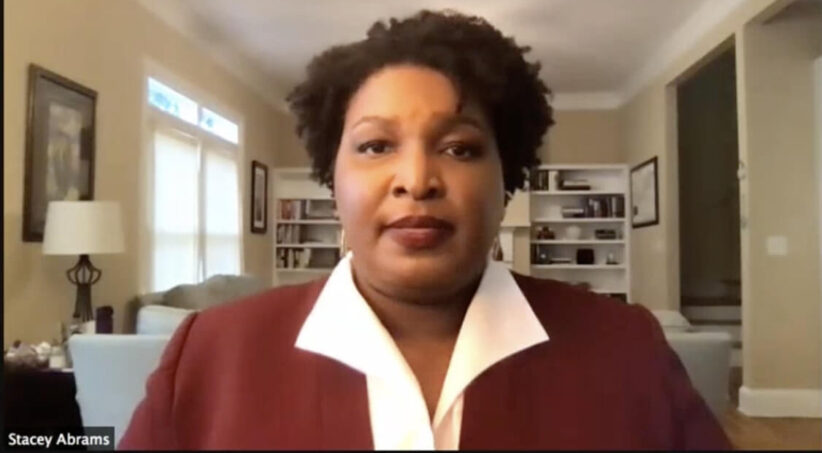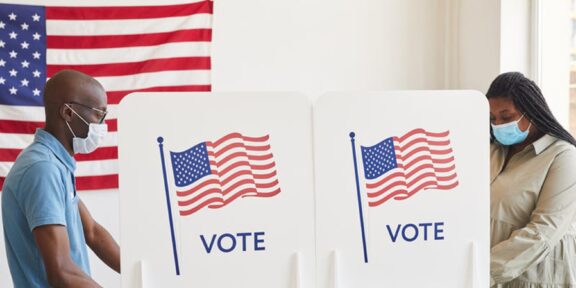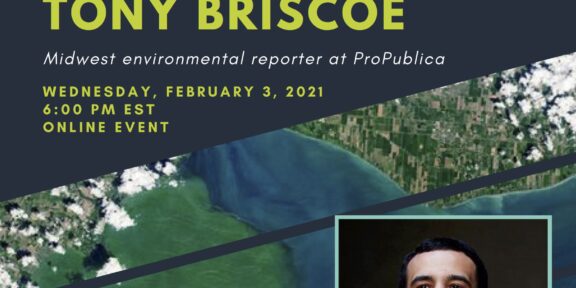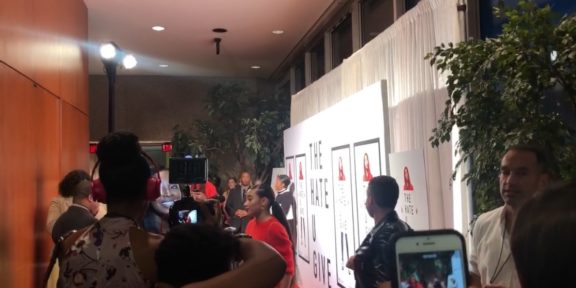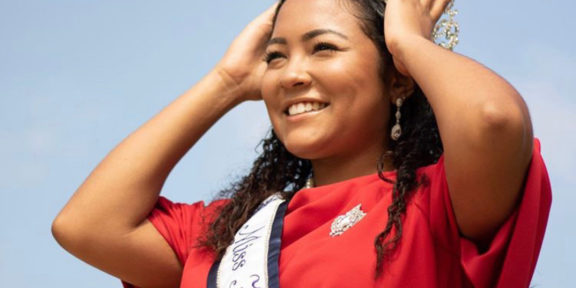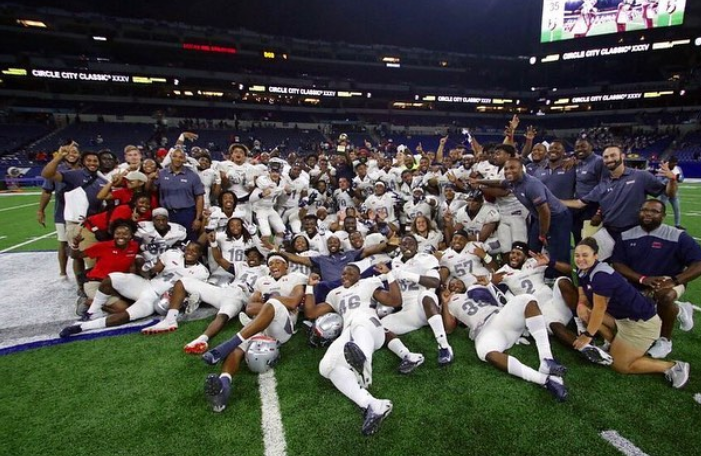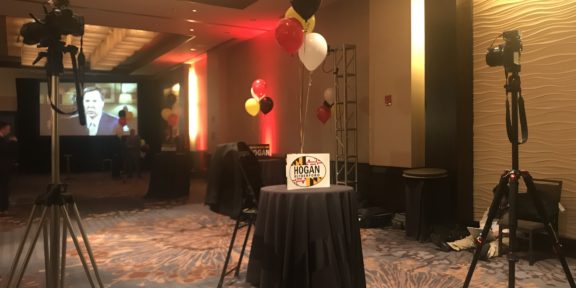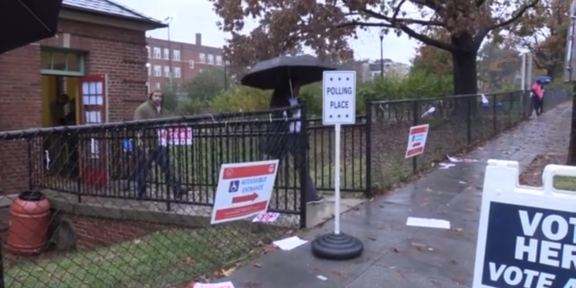By Arthur Cribbs, Howard University News Service
With less than three weeks until the presidential election, Stacey Abrams, the former Democratic gubernatorial candidate for Georgia said that voter turnout and suppression could have a major impact on the results of the election.
Abrams was speaking at the latest Gwendolyn S. and Colbert I. King Endowed Chair in Public Policy Lecture Series. The series hosted a zoom webinar titled “Challenging Voter Suppression at the Ballot Box” on Thursday evening.
Political strategist Donna Brazile moderated the conversation, which featured Stacey Abrams and Spencer Overton, speaking on the topics of voter registration and voter education.
“Every election is about voter turnout; it’s about who can get people to the polls,” said Abrams.
“We know that voter suppression, since the inception of this country, has been about suppressing the math whether it was the beginning of this country when only 6 percent of the population could vote or 2018 where a record number of voters were pushed out of the process in Georgia and otherwise.”
Looking specifically at this year, Abrams added that the election is not the only important factor for Americans to focus on. She alluded to the census, which in 2010, missed more than 1.5 million people of color, according to CBS News.
“Because this is a census year, we’ve have lost sight that we are not just litigating the outcome of 2016, we are also undoing 2010,” said Abrams. “Because there was not the active participation in the 2010 census, several advances were halted and we saw an acceleration in voter suppression.”
After sharing the value of being counted, both in the election and in the census, Abrams spent the majority of the conversation speaking directly to young people and emphasizing their value in the presidential election.
“Young people will make the difference. Generation Y and Z combine to be the single largest voting block in this election,” said Abrams. “The most susceptible targets to voter suppression are young people. Young people who don’t vote by the age of 25, are less likely to participate for the rest of their lives.”
Given the target to limit young peoples’ votes, Abrams shared advice for people heading into the election, especially for those voting by mail.
“You want to vote as early as possible to limit any risks. Young voters who vote by mail have a higher likelihood of having their ballot rejected. If you start early and have your ballot rejected, you have time to fix it.”
Abrams, who served in local and state government in Georgia, notably ran as the Democratic nominee in the gubernatorial race in the Peach State in 2018.
Overton, who is the president of the Joint Center for Political and Economic Studies, is also a tenured professor of law at George Washington University.
Both Abrams and Overton attended historically Black colleges and universities for undergrad at Spelman College and Hampton University, respectively.
Brazile spoke with Overton about how African Americans have been deterred from voting through social media and other online targeting. He referenced such issues as contributing factors to low voter turnout among Black voters in 2016.
“Even though Black folks are only 13 percent of the United States population, the Russians directed 38 percent of their United States Facebook ad buys toward African Americans and those ads resulted in 50 percent of the user clicks,” said Overton.
“We just learned about a month ago that the Trump campaign did something similar. They divided voters into eight groups and one of those groups was labeled ‘deterrents.’ In ‘deterrents,’ Black folks were vastly overly represented and that’s where they were targeted with Facebook ads discouraging them from voting.”
According to Pew Research, Black voter turnout declined for the first time in over 20 years in the 2016 presidential election, with a voter turnout rate of 59.6 percent.
In addition to voter turnout, Overton further emphasized the value of voter education and spreading accurate information, while flagging down misleading headlines, particularly on social media.
“(My advice) is to share good information, report misinformation, make sure you’re voting, get other people to vote, have a voting plan, and if there is a different policy environment, folks need to be ready for reform to open up the system.”

